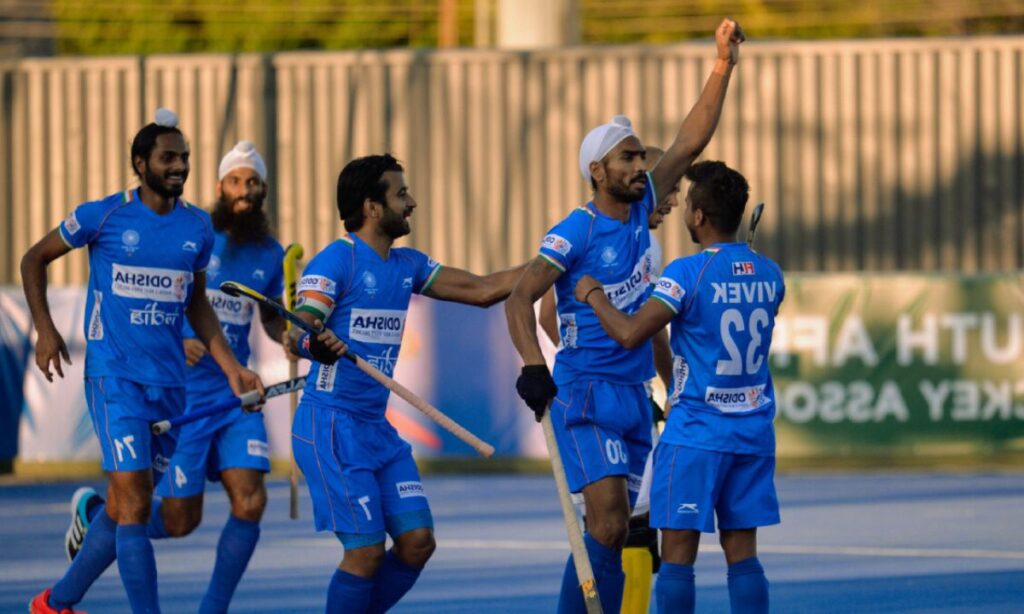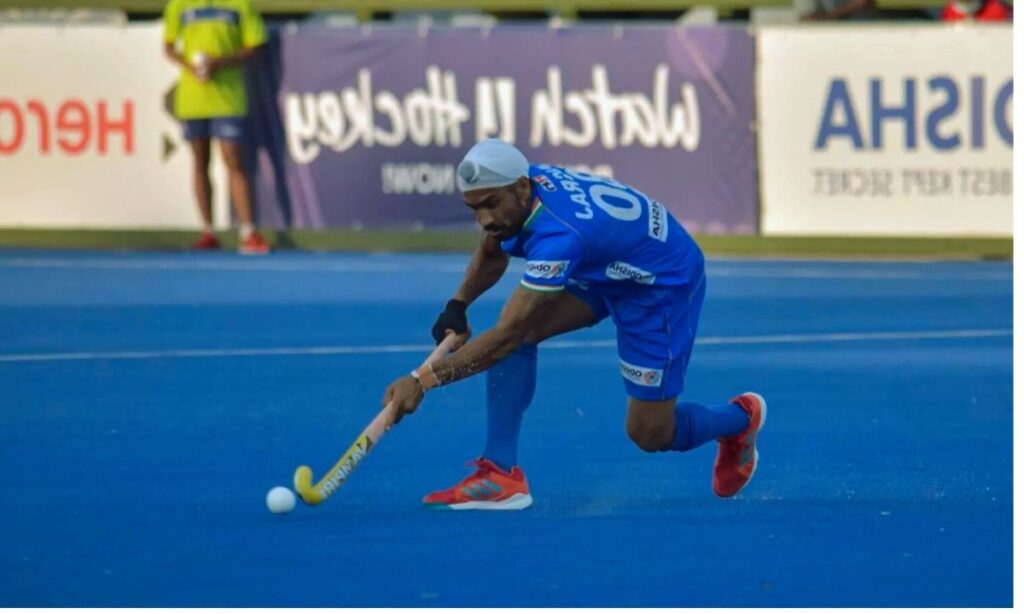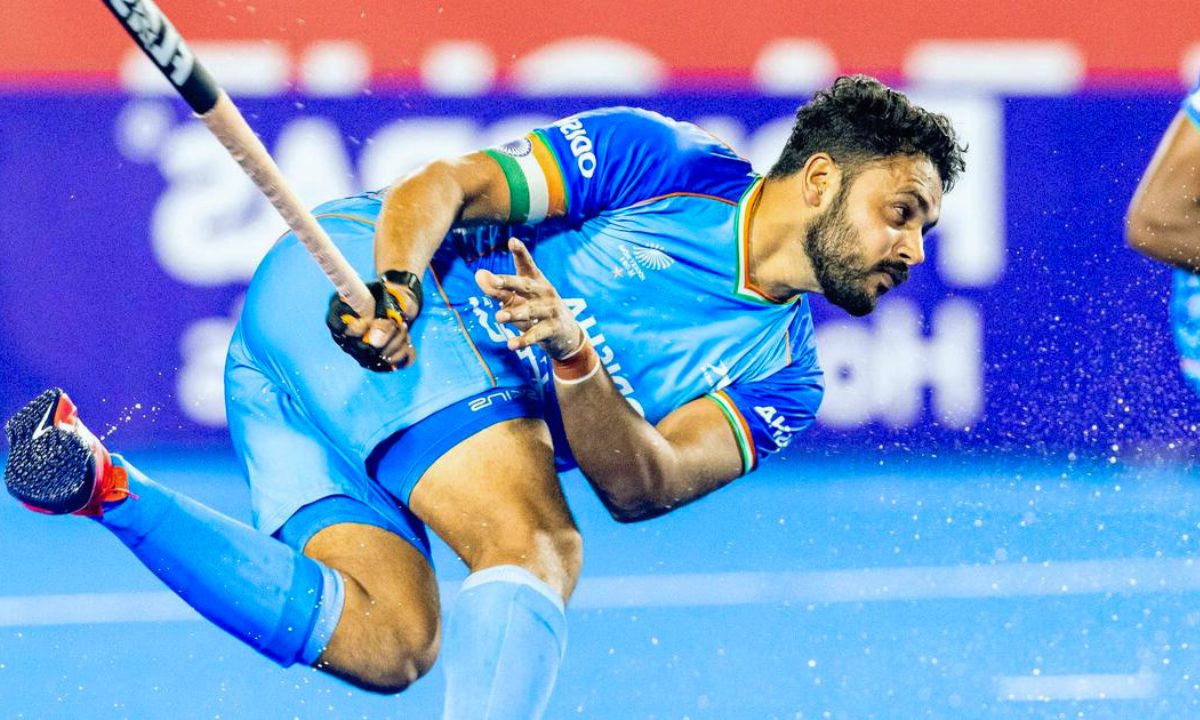In recent times, the mention of qnet and hockey has stirred both concern and intrigue. On one hand, Qnet’s business reputation carries a negative undercurrent for many who have witnessed controversies around multi‑level marketing. On the other hand, there are passionate stories of athletes whose participation in hockey, supported by Qnet partnerships, brings sheer delight, funding, and momentum into grassroots sport. That emotional contrast makes the connection between this brand and the beloved sport intensely engaging.
The Drawback: Controversy That Casts Shadows
Qnet’s association with hockey sometimes raises red flags. Reports from other markets have questioned the fairness of income models and promotional claims. When such concerns touch youth sport, they cast a subtle but uneasy shadow—making people wonder if young players truly benefit or are part of marketing gimmicks. That negative sentiment saps trust. It is essential that the relationship between qnet and hockey isn’t built on hype but grounded in genuine support and transparent intent.
A Brilliant Flip Side: Genuine Support for Players
Yet, emerging stories tell of a different reality. In select communities, Qnet sponsorships have helped young hockey clubs afford life‑changing expenses—equipment, coaching, travel. For some parents and athletes, these contributions have delivered sensory joy: the feel of a new stick, the pride of wearing a crisp jersey, the vivid thrill of stepping onto a well‑maintained astroturf for the first time. Here, qnet and hockey blend to create something positive—real hope where resources were once scarce.
Emotional Resonance: Athletes Speaking Their Truth
One young player shared how his first exposure to competitive hockey came only after Qnet funding allowed his club to travel for a district tournament. He described the nervous excitement—the weight of the surcharge puck in his grip, the soft grass under his shoes, the cheering crowd—and the experience changed his life. Hearing these stories makes the connection feel emotionally charged and vivid, reminding us why sports matter and why sponsorship truly matters even more.

Finding the Balance: Transparency and Trust Are Key
For qnet and hockey to form a stable partnership, clarity is essential. Clubs should make explicit how funds are used, ensure players are not involved in promotional deals, and preserve clean boundaries between sport and marketing. When organizations are upfront about finances, the negative whispers fade. That transparency builds trust and transforms the narrative from questionable to powerful.
Sensual Power of the Sport: How Hockey Opens Hearts
Beyond money, hockey evokes deep sensory feelings. The slap of stick on ball, the rush of sprinting across a slick turf, the taste of victory after a tough tackle—all these experiences bind young athletes to the sport. When Qnet support enables those moments, they don’t just score goals—they create emotional resonance that can echo in memory forever. That is the seductive power of sport—and why many athletes credit such sponsorship with changing their life’s path.
QNET and Hockey: A Controversial Partnership or a Bold Step Toward Sporting Glory?
When the worlds of business and sports collide, the results can be either revolutionary or risky. The recent spotlight on QNET’s association with hockey in India has sparked a mix of admiration and concern. On one hand, it’s a bold step toward revitalizing a sport that has long struggled for mainstream attention. On the other, the partnership has raised eyebrows due to QNET’s controversial reputation in several countries. So, is this a genuine boost to Indian hockey or a risky gamble with deep consequences?
A Passionate Push for Indian Hockey
For decades, Indian hockey has wrestled with its fading glory. Once the pride of the nation, it slipped into the shadows of cricket and other booming sports. But QNET’s entry into the scene stirred a sudden pulse—a jolt of energy and funding that fans and athletes were hungry for. At first glance, it seemed like a dream match: a company with deep pockets backing a sport desperate for support.
QNET, through its network and influence, began channeling attention and resources into the sport. The company funded local events, provided kits and training gear, and even promoted grassroots development programs. These moves were welcomed by many who believed hockey deserved more than just nostalgia—it deserved a fresh, fighting chance.
Sensational Support or Marketing Strategy?
Behind every generous gesture lies a deeper intent. Critics argue that QNET’s involvement isn’t purely altruistic. With its controversial background—accusations of operating a pyramid-like business model and facing regulatory heat in multiple countries—the company’s image has often been in question. This raises a critical concern: is QNET using Indian hockey as a soft branding tactic to gain legitimacy and acceptance?
The emotional connection people share with sports often makes them overlook corporate strategies. When a brand supports national pride, especially a sport close to the country’s identity, it builds powerful emotional leverage. That’s exactly what seems to be unfolding with QNET and Indian hockey—a calculated blend of passion and PR.
The Seduction of Opportunity
From an athlete’s point of view, the opportunity is hard to resist. Many local players who once struggled for shoes, sticks, or basic training infrastructure now feel a breeze of change. Young players in towns like Ranchi, Bhubaneswar, and Gwalior are beginning to believe again. They see not just a path to the national team, but a support system that had long been missing. That emotional high—the feeling of being seen, supported, and celebrated—is incredibly powerful.
However, with opportunity comes vulnerability. Tying the sport’s development to one private entity, especially one with a troubled reputation, can backfire. If the association goes south, it risks not only bad publicity but also the morale and careers of countless players who had pinned their hopes on it.
A Double-Edged Sword
There’s no denying that QNET has brought much-needed attention and funding to Indian hockey. Their events are organized, their kits are flashy, and their visibility is unmatched among corporate sponsors in the sport. But is this flash sustainable? And more importantly, is it safe?
Many experts warn against being seduced by surface-level impact. Real transformation in sports comes with transparent systems, accountable governance, and sustainable growth plans—not short bursts of corporate enthusiasm.
Moving Forward with Caution
To protect the legacy and future of Indian hockey, it’s essential to strike a balance. Collaboration with private players like QNET can open doors, but only if monitored with transparency and long-term vision. The game cannot afford to be a pawn in larger corporate strategies.
The Emotional Power of Representation
For young hockey players across India, representation means everything. Seeing someone from a small village wearing a national jersey fills countless dreams with possibility. When a company like QNET enters the picture and promises to fund talent from underrepresented regions, the emotional impact is immense. Players feel valued, parents feel hopeful, and communities start believing again. This emotional connection between sport, identity, and opportunity is what makes hockey more than just a game—it becomes a movement.
Money Meets Morality
While financial support is essential for sports to grow, it also raises critical ethical questions. Can a sport rooted in tradition and national pride afford to align with a brand surrounded by legal controversies? This moral dilemma is not just about headlines—it’s about the values Indian hockey wants to represent. Sponsors bring money, but they also bring their reputations. If Indian hockey is to regain its global standing, it must choose its partners with careful intention, not desperation.
A Missed Chance for Broader Industry Backing?
QNET’s aggressive involvement in hockey also raises a different issue: why aren’t more Indian brands supporting this sport? Cricket enjoys widespread corporate sponsorship, yet hockey, despite being India’s national game, is often ignored. The vacuum left by domestic sponsors allowed QNET to step in, but perhaps the real question is why legacy Indian brands are staying away. Their silence speaks volumes, and their absence allowed a controversial name to dominate the field.
The Thin Line Between Empowerment and Exploitation
There’s a fine line between empowering a sport and exploiting it. When a company’s motives are not transparent, it becomes difficult to distinguish genuine support from brand-building opportunism. Hockey doesn’t just need visibility—it needs ethical, long-term backing that puts players first. The danger lies in tying the future of so many dreams to a brand that may or may not stay committed when the headlines fade.
Grassroots vs. Glamour
One of QNET’s biggest promises has been to nurture hockey from the grassroots level. But there’s a stark difference between funding a flashy event and building long-term systems. Many grassroots programs demand sustained investment—coaches, gear, medical care, psychological support, and regular competitions. Glamorous branding can often mask the lack of deeper, more meaningful infrastructure development. For real transformation, the sport needs to grow at the base, not just sparkle on stage.
Navigating Trust in the Digital Age
In today’s hyperconnected world, trust is built differently. Players, parents, and fans read news, track online reviews, and dig deeper than ever. QNET’s past allegations in countries like Malaysia and Indonesia have not gone unnoticed. Even though the brand claims transparency and compliance today, the skepticism remains. Trust in sport cannot be bought; it must be earned through consistent, ethical behavior. And for many, QNET still has ground to cover on that front.
When Fame Becomes a Shield
Another intriguing element is the use of celebrity endorsements to shield controversy. QNET has previously worked with athletes and influencers to soften its image. This is a classic marketing technique—associating with fame to wash away doubt. In the case of Indian hockey, however, the sport’s emotional value is far too deep for image play. Fans and stakeholders are beginning to see through such tactics and are demanding deeper accountability.
The Voice of the Players
One group often left unheard in this debate is the players themselves. While corporate deals and partnerships dominate media narratives, the voices of those on the ground remain silent. What do players think of QNET’s involvement? Are they being fairly supported? Are their careers safe if the association goes sour? Transparency must include athlete perspectives—because they’re the ones whose futures are truly at stake.
A Call for Stronger Governance
This entire situation has exposed the need for stronger, more vigilant sports governance in India. When corporate sponsors enter the picture, there should be regulatory checks and ethical guidelines in place. Clear boundaries need to be drawn so that the sport remains the hero—not the brand. Without such systems, even well-meaning partnerships can spiral into chaos.
Where Do We Go from Here?
The story of QNET and hockey is far from over. It’s a complex narrative filled with ambition, controversy, hope, and skepticism. Whether this partnership proves to be a turning point or a temporary glitch depends on what happens next. Indian hockey is at a crossroads. It can either demand more accountability from its partners or risk being swayed by short-term gain. One thing is clear—the sport deserves better, and its players deserve the truth.
A Deeper Look at Community Outreach
QNET often highlights its community outreach programs, especially in regions where hockey is deeply rooted. From organizing talent hunts to donating sports gear, the brand has made visible efforts to contribute to the hockey ecosystem. But critics question whether these initiatives are consistent or simply seasonal marketing stunts. True community development requires patience, long-term commitment, and genuine connection with the people—not just press releases and event banners.
Young Aspirants Need Stability
For a young player dreaming of joining the national hockey squad, stability in the support system is as important as skill. When organizations like QNET step in, they must understand that their promises shape young lives. Training academies, scholarships, nutrition plans, and mentorship programs must not disappear with a shift in strategy or media sentiment. Hockey has suffered too long from broken promises. It now needs backers who stay through both success and struggle.
Cultural Integrity Matters
Hockey in India is not just a sport—it’s a legacy deeply tied to regional pride, cultural roots, and national emotion. Corporate partnerships should aim to preserve and amplify this cultural soul rather than overshadow it with commercial agendas. QNET’s involvement must be respectful of this heritage. Every brand that enters such sacred sporting ground should first understand the ethos that drives its athletes, fans, and traditions.
Not All Publicity Is Positive
While QNET’s association with hockey has brought attention, not all of it is welcome. When controversies resurface, the sport gets dragged into debates it never asked for. This kind of publicity can alienate potential fans and deter young talent from pursuing hockey seriously. A sport seeking revival cannot afford to carry the weight of another industry’s baggage. Clean reputations attract clearer opportunities.
Role of Transparency in Sports Funding
The future of Indian hockey lies in clear, transparent funding models. Whether it’s QNET or any other sponsor, financial disclosures, contractual clarity, and audit trails are crucial. The Hockey Federation must take the lead in demanding accountability. When the public sees how money is spent and who benefits, trust is naturally built. Transparency is not a luxury—it’s a necessity for lasting change.

Empowering Women’s Hockey
Much of the focus in recent headlines has been on the men’s team, but India’s women’s hockey squad deserves equal attention. Any sponsor that truly wants to empower Indian hockey must ensure gender balance in investment. QNET has the opportunity to champion this cause—funding female athletes, supporting grassroots girls’ academies, and creating visibility for women’s tournaments. Neglecting half the sport is a lost opportunity.
A Partnership with Strings?
While QNET’s funding has helped certain events and teams, experts wonder—what does QNET want in return? Is this a pure act of support, or is there an expectation of loyalty, branding, or endorsements from athletes? If conditions exist, they must be made public. Partnerships should uplift the sport, not make it beholden to commercial agendas. Sports should remain independent in spirit, no matter who writes the cheque.
The Way Forward for Indian Hockey
Looking ahead, Indian hockey has choices to make. It must seek partners who align with its values, not just its financial goals. Brands like QNET will continue to knock, but the sport must learn to choose wisely. The future of hockey will depend not only on how well it is played on the turf, but on how well it is managed off it. India has the talent. Now it must protect it with integrity.
Final Thought: From Worry to Inspiration Through Integrity
Yes, the intersection of qnet and hockey can start with skepticism. But when structured with integrity, when the money is rightly used and athletes are prioritized, that relationship holds enormous potential. Youth can thrive, local clubs can rebuild, and dreams can emerge. The negative turns into a dazzling opportunity. And in that space, watching a child’s eyes light up after scoring a goal—or hearing their gratitude for a chance at competition—reveals the real magic. That hopeful, human‑first narrative is what makes this topic truly clickable and discoverable.

